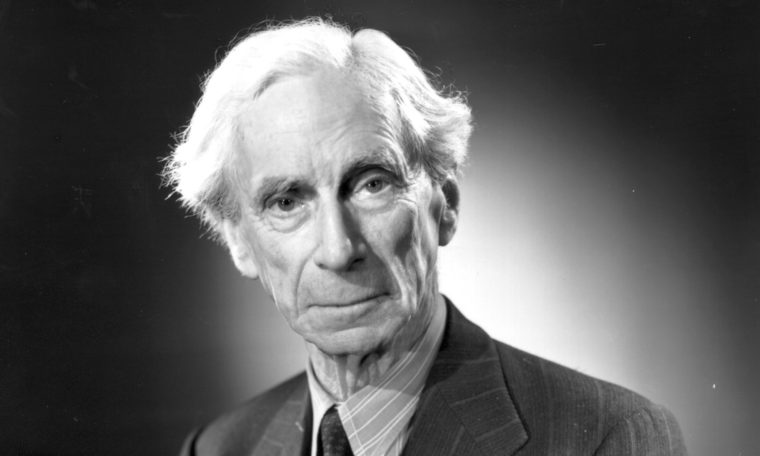Scholars tend to be shy or humble, often going to great lengths to avoid anything that might smack of self-promotion or over-confidence. There’s good reason for this. The academy trains you to be skeptical, to demand evidence, and to be reserved about matters that you’ve not yet carefully considered.
There are two troubling consequences of this phenomenon, however. The first is captured in one of Bertrand Russel’s famous sayings. In New Hopes for a Changing World, he wrote that
One of the painful things about our time is that those who feel certainty are stupid, and those with any imagination and understanding are filled with doubt and indecision.
It’s a riff on William Butler Yeats’s “The Second Coming,” where he writes that “The best lack all conviction, while the worst are full of passionate intensity.”
In other words, self-doubt and the training for skepticism, so vital to good philosophy, can lead scholars not to speak up, while so many ignorant voices cry. If scholars are waiting for certainty, we’ll never hear from them. This is one of the troubling dangers.

It is more important than ever for scholars to speak up, to get our ideas out there for the public to read and engage. The good news is that there are exciting opportunities and new tools now for doing that.
News outlets more than ever before are receptive to scholars’ writings, especially if they don’t have to pay for them. It is reasonable to complain about that, but many of us in higher education have salaries already — no, not all. Those many fortunate people who are afforded some time and incredible intellectual resources (colleagues, libraries, databases, etc.), however, can and ought to see their privilege as a responsibility.

Scholars would be wise, therefore, to suspend their typical discomfort with the idea of self-promotion for a minute and make a Facebook author page. Why? Here are 5 reasons:
- You’ve gotta keep’em separated — Students. You often do not want your students to read messages that are for your friends and family only. A Facebook author page allows them to follow that content without “friending” you.
- You can spare uninterested friends and family. Facebook is a great place to share pictures of your children and other personal relations or content. You often don’t want to share your public messages with folks who would prefer only to see pictures of your kids.
- You shouldn’t hide your work. Your author page is an obvious place to post information about your own writings, and folks who want to learn about what you study and get your book will look there.
- If you don’t build your platform, no one will hear you. If and when you want to write for wider audiences, you need a platform from which you reach readers. Literary agents and book publishers can no longer evaluate proposals only on their own merits. They want to know that you can speak to an audience and that you have a platform from which you can reach them. A Facebook author page is part of that platform.
- You really believe in what you do.
It isn’t arrogant or pompous. If you’re doing it right, it isn’t even about you. Ok, look, the Web is much more interesting with pictures, so don’t be shy — put yours up there. Newspapers and others want a photo to include next to an article they publish of yours, so realize that and be ok with having your photo(s) there. That said, why do you do this work? It’s because you care about what you study — you believe the ideas to be genuinely important. If that’s true; if you do think that what you study matters; if you have some small part to contribute to public debate, then you are acting for others when you make sure that your ideas get heard.
So, go forth and be heard!
Who are your favorite examples of scholars with great platforms, modelling great public intellectual leadership?
Message me or tweet me about that on Facebook, Twitter, or LinkedIn.





 About Me
About Me